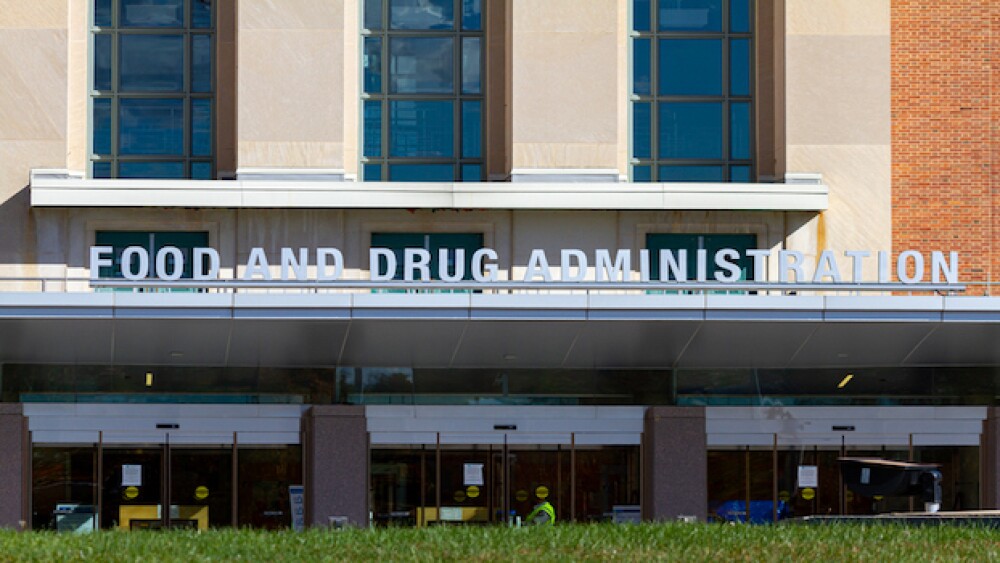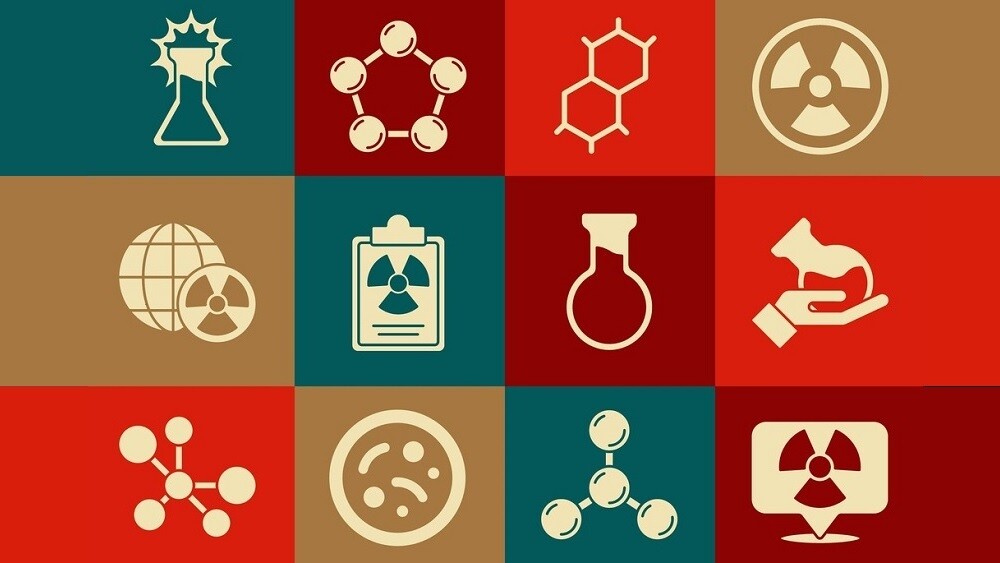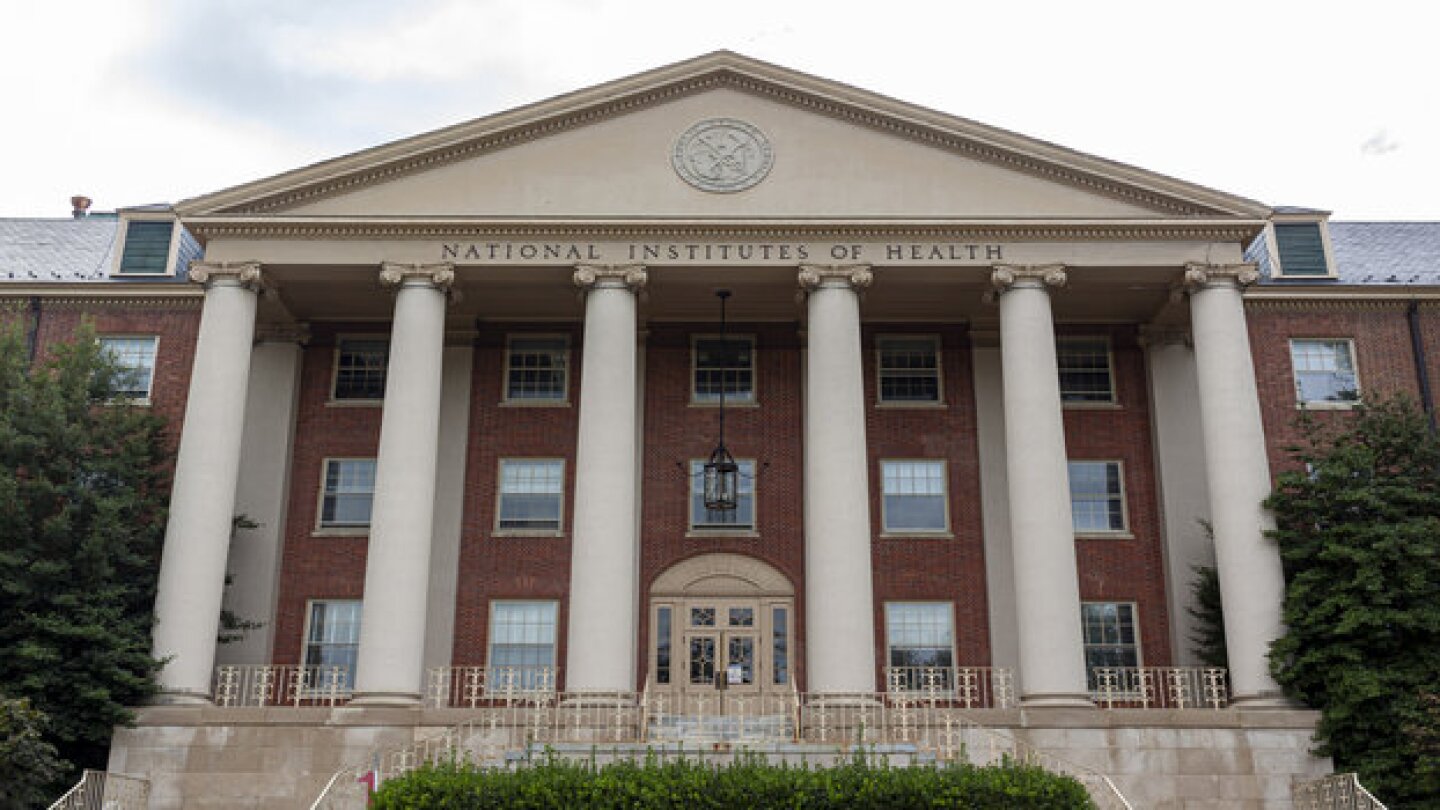News
While at SCOPE 2025, Sam Srivastava, CEO at WCG Clinical discusses the challenges and responsibilities of the life sciences industry in building public trust amidst growing anger towards healthcare.
FEATURED STORIES
Aside from the rare disease market, Novo Nordisk also scored a key regulatory win last month for its blockbuster GLP-1 drug Wegovy, which can now be used to treat patients with metabolic dysfunction-associated steatohepatitis.
After a demoralizing period punctuated by the withdrawal of one of the few marketed therapies for ALS, investment in new biotechs, state-backed collaborative initiatives and buzz at BIO2025 suggest a new day in drug development for one of medicine’s most intractable diseases.
With a flurry of recent Big Pharma investment in radiopharmaceutical therapeutics, the FDA issued draft guidance last month in a move former FDA Commissioner Stephen Hahn sees as the regulator “trying to get ahead on a new set of therapy that they see becoming very important for cancer.”
Job Trends
Moderna, Inc. announced business and clinical updates across its franchises and introduced several new development programs at the Company’s annual R&D Day.
FROM OUR EDITORS
Read our takes on the biggest stories happening in the industry.
During the COVID-19 pandemic, Health Secretary Robert F. Kennedy Jr.—along with FDA Commissioner Marty Makary and CBER Director Vinay Prasad—argued against vaccine mandates, partly because they limited medical choice. This week, the FDA under their leadership approved updated COVID-19 vaccines with restrictions that do the same.
THE LATEST
After extending its review period to evaluate additional submissions, the FDA ultimately denied Applied Therapeutics’ govorestat for galactosemia, citing “deficiencies” with the application. The biotech plans to meet with the regulator to discuss the best way forward for the drug.
At the conference, AstraZeneca and Daiichi Sankyo will present their case for Dato-DXd in NSCLC, while BioNTech and Merus will reveal promising mid-stage data for their respective cancer candidates.
Despite hotly debated biomarkers and failed or delayed confirmatory trials, the accelerated approval program has a track record of propelling R&D for some of medicine’s most challenging illnesses.
Emboldened by technological advances and a deeper knowledge of glioblastoma, Merck, Kazia Therapeutics, CorriXR Therapeutics and others are targeting the often-fatal brain tumor.
Projected to be worth over $38 billion in the global healthcare market by 2032, AI simulations have the potential to streamline clinical trials and help address inequities in underserved patient populations.
Eli Lilly topped the list of the 20 biggest pharmas by market cap with a more than 39% improvement year-to-date in its share price. Other companies have not been so lucky.
Despite the “unfortunate” failure, William Blair analysts do not believe that the utreloxastat readout will heavily affect PTC, instead postulating that the upcoming FDA decision on its phenylketonuria candidate sepiapterin will be a stronger driver of the biotech’s stock.
Trump is rounding out his health cabinet with another controversial figure: one of the authors of the Great Barrington Declaration, which advocated for herd immunity through infection during the COVID-19 pandemic.
BridgeBio’s Attruby wins approval for transthyretin amyloid cardiomyopathy while the FDA accepts Alnylam’s application for Amvuttra in the indication; Cassava’s controversial Alzheimer’s drug flunks Phase III; Amgen’s MariTide fails to impress investors, Donald Trump’s controversial nominations continue.
With Elevidys expansion in hand, Sarepta commits up to $10 billion to develop short interfering RNA–based drugs to build out its pipeline.

















